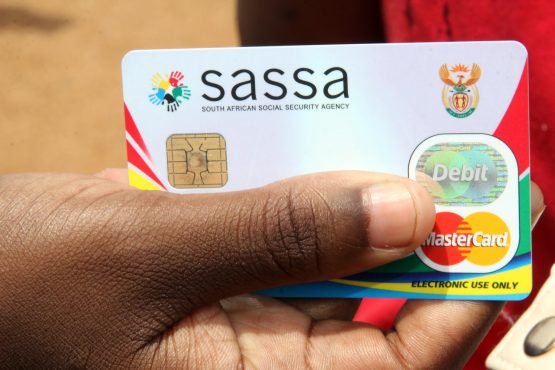• The community of Moletsane, Soweto, came together in solidarity to raise awareness about the urgent issue of gender-based violence.
• Through the symbolic use of the colour orange, residents joined hands with the Gauteng Department of Social Development to echo a global call for an end to violence against women and girls.
• The initiative reflected a shared commitment between government, faith leaders, and civil society to create safe and inclusive communities.
The streets of Moletsane in Soweto were a sea of orange on Saturday as the Gauteng Department of Social Development (GDSD), in partnership with the Moletsane Church of the Nazarene, led a march to raise awareness about gender-based violence (GBV) in observance of Orange Day.
The global campaign, spearheaded by UN Women through the UNiTE initiative, designates the 25th of every month as Orange Day, a call to action to end violence against women and girls worldwide.
Speaking to participants, Phumla Xaba, Director for Gender, Youth, and Disability Mainstreaming at GDSD, emphasised the urgent need for collective action to combat GBV, describing it as a deeply rooted issue in South Africa.
“Gender-based violence includes physical, sexual, psychological, and economic abuse,” said Xaba. “It stems from unequal power dynamics and harmful societal norms, often disproportionately affecting women and girls. Addressing it requires a coordinated response with law enforcement and community structures.”
Reverend Theo Thothela of the Moletsane Church of the Nazarene echoed the importance of faith-based involvement in fighting GBV.
“Gender-based violence is a serious concern for the church,” he said. “We have dedicated departments to assist victims, and we continuously pray for a peaceful society. We believe all is possible through God’s grace.”
Shirley Nobiva, a representative from People Opposing Women Abuse (POWA), highlighted the range of services offered by the organisation to support survivors.
“POWA provides shelters, counselling, legal assistance, and skills development,” she said. “We also run outreach programmes, door-to-door campaigns, and school visits to empower communities, especially those affected by financial abuse.”
The Moletsane march served as a visible reminder that the fight against GBV is ongoing and requires every sector of society to take a stand. Through partnerships between government, religious institutions, civil society, and communities, real change is not just possible, it is necessary.




